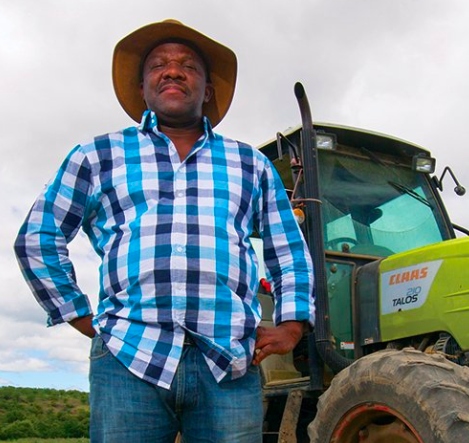Americans depend on American farmers. President Trump has pledged to support these farmers. Along with Republican leaders in Congress, he is working to fulfill that commitment. The stakes are higher than ever, as agriculture faces some of the most significant challenges in generations.
In the years since the last Farm Bill passed in 2018, farmers have been increasingly squeezed by rising costs, falling prices, and increasingly unpredictable weather. Since 2020, farmers have seen steep increases across all major input categories — fertilizer costs alone are up 60 percent, with similar spikes in fuel, machinery, repairs and chemicals. Between 2022 and 2024, commodity prices collapsed: corn down 37 percent, soybeans 29 percent, cotton 22 percent, wheat and sorghum 36 percent, and rice nearly 46 percent.
Meanwhile, foreign competitors continue to flood global markets with subsidized commodities, undercutting U.S. producers and distorting prices. In 2024, the United States recorded a $32 billion agricultural trade deficit, only the fourth such shortfall in the last 50 years. In May, the Agriculture Department forecast that the 2025 trade deficit will increase to $49.5 billion. It’s a national security risk. When America loses control of its food supply, we become more reliant on nations that may not share our values.
Agriculture Secretary Brooke Rollins said it well recently: “America’s family farms help feed, fuel and clothe the world, but they also face some of the greatest challenges in getting their farms started and keeping them running.” Since 2017, we have lost more than 140,000 farms, and farm bankruptcies are on the rise.
When farming falters, communities everywhere feel the effect. Higher production costs and fewer domestic farms mean higher prices at the grocery store and more supply chain disruptions. Farm closures have broad ripple effects on rural economies, food processing, and transportation and logistics. Every family and food-related business in America loses a measure of food security when we allow foreign competitors to gain ground in these markets.
The Trump administration recently reaffirmed that food security is national security, writing that “threats to American agriculture … expose us to risks of shortages, foreign dependencies and higher prices” in the USDA’s recently released National Farm Security Action Plan.
This is a slow-moving crisis, but it’s not one we’re powerless to solve. The America First Policy Institute’s Farmers First Agenda calls for making significant improvements to the farm safety net. Conservatives agree. A modernized safety net will match today’s challenges, ensure farmers can better weather market swings, and push back against cheaters. With the right policies, we can stabilize markets and help keep family farms in business.
Through the One Big Beautiful Bill, Republicans have begun to advance real “America First” policies that strengthen the farm safety net, reinforce domestic production, and support rural jobs for core staples such as sugar, the vast majority of which comes from family farmers growing sugarcane and sugarbeets coast to coast. U.S. sugar policy helps keep prices stable, supply steady and value flowing. Other key commodities, such as cotton and rice, also deserve a level playing field to ensure America remains a world leader in food and fiber production.
This legislation came about through hard work and a steadfast belief in the American farmer. The One Big Beautiful Bill lays a strong foundation for the Senate to reauthorize a complete five-year Farm Bill.
Farmers ask for fairness — fewer bureaucratic obstacles, a level playing field and policies that reflect the real-world challenges they face.
Trump has made a strong commitment to rural America. He stands firmly with our farmers, claiming to be “the strongest farmer guy that there’s ever been.” With the steady leadership of the Agriculture secretary and the unwavering support of Republicans in Congress, we are fulfilling this promise. It’s time to keep this momentum going and serve the heartland. From farmers and ranchers to growers, fishers, foresters and agribusinesses, these individuals are essential to the president’s vision of a new Golden Age in America.


